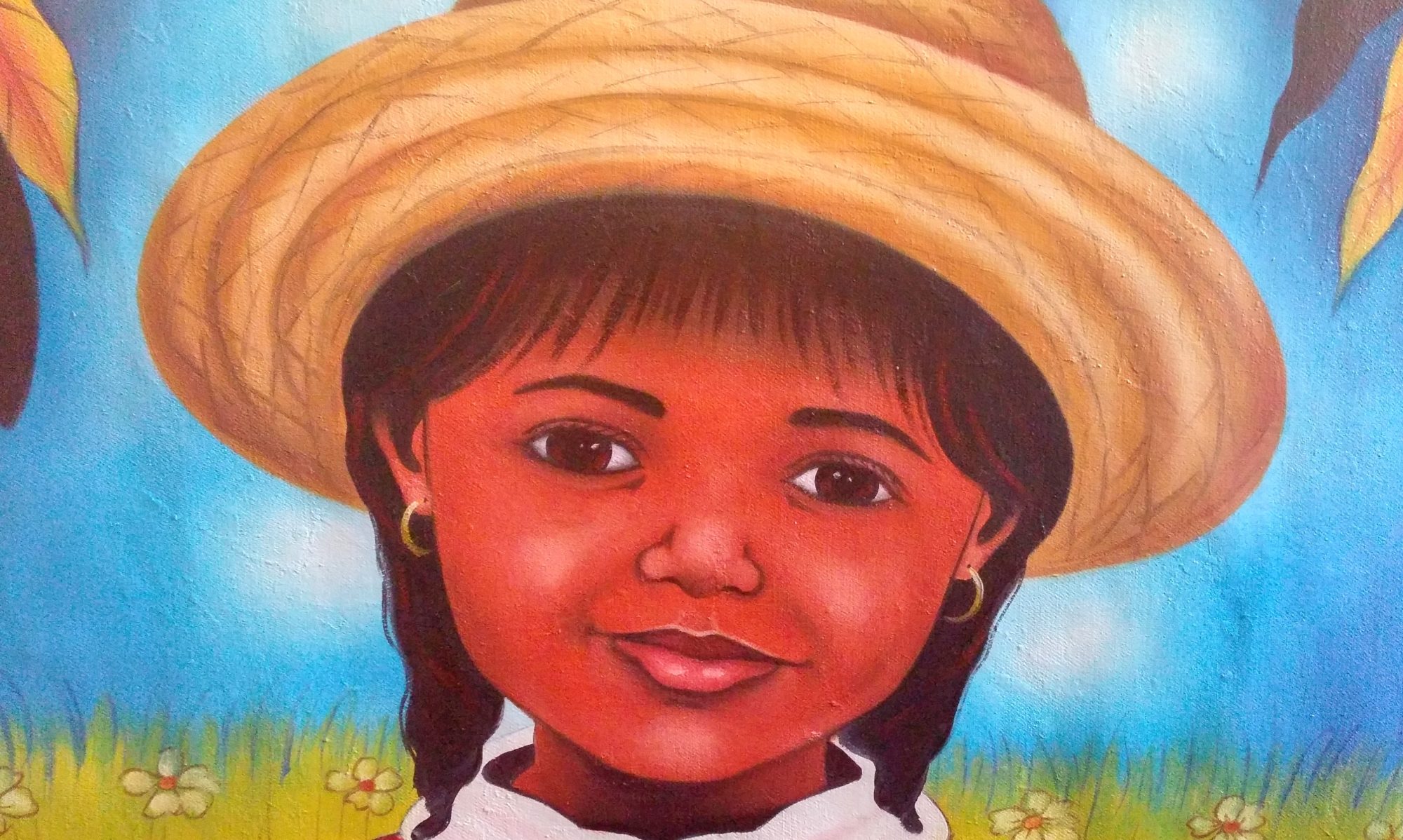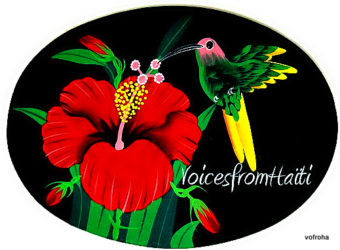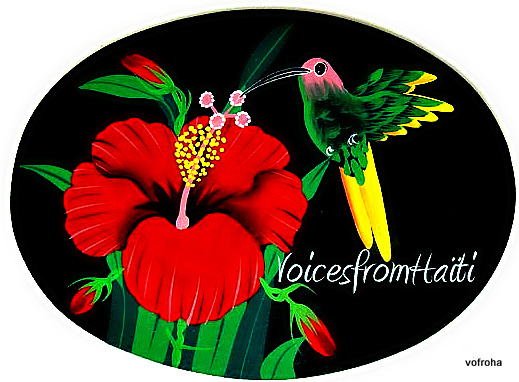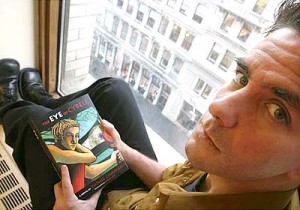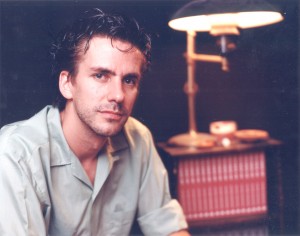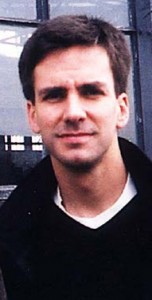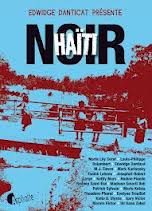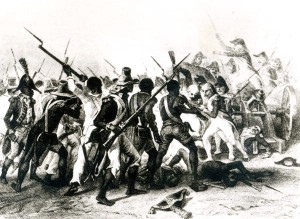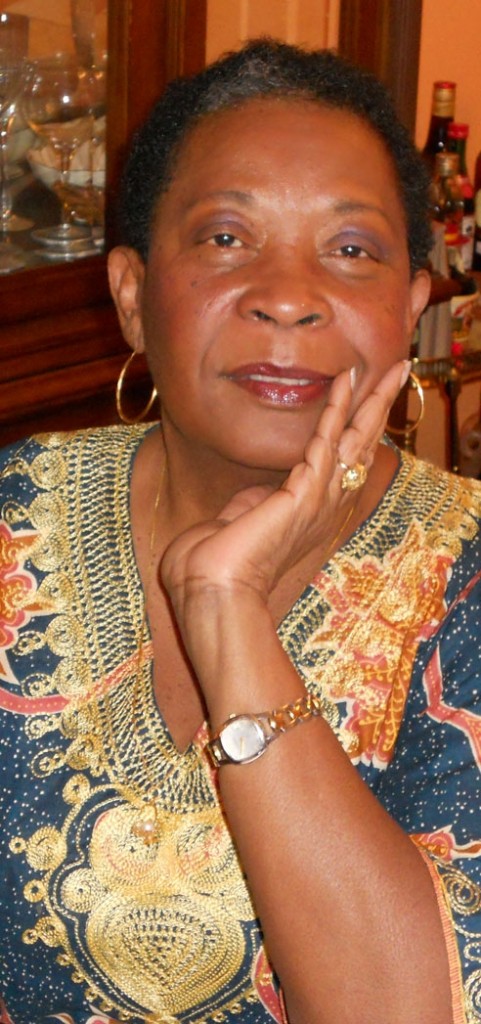Check out “Daily Revolution” below by Maureen Boyer–posted originally in 2011. I love that post! You’ll get to read more of Maureen Boyer soon in One Moore Book’s Haiti Series. One Moore Book will release a series of children’s books by six Haitian authors: Cybille St. Aude, Maureen Boyer, Edwidge Danticat, Michele Jessica Fievre, Katia D. Ulysse and Ibi Zoboi. Enjoy Maureen’s “Daily Revolution.”
You wake up, no electricity again!
It’s still dark out but if you wake up any later, you will be late. You twist the shower faucets, no water, buckets then, at least you have water.
Do not complain.
You’re finally ready.
The rocks roll under your feet as you make your way down the mountain. You almost trip once. Twice!
Will you ever make it to the main road?
A giant SUV with tinted windows speeds by, causing a rock to jet toward your ankle. Your heart skips. It’s OK. The car is far now.
You get to the tap-tap station; you are now part of the crowd. You are pushed, shoved. You hold your bag tighter. A tap-tap, finally. You run toward it, but not fast enough.
Another tap-tap stops. This time you reach it in time, but the driver looks back, laughs, and keeps going. You wonder why; aren’t you paying him?
Finally, you are squeezed into the back of a tap-tap. The seats are dusty and someone smells as if he/she had been working the whole night. Someone says something about elections, “I don’t need someone who will be dropping his trousers as my president”; “I prefer that than some old woman” responds another.
The discussion does not go beyond that, everyone agrees that Haiti will never change and starts listing individual reasons why Haiti will not change.
All irrelevant.
You shut up, disappointed.
You get to work, you sit, nothing to do but you need to justify your paycheck so you find things to do. You think, these people are supposed to be here to change things but everyone is too busy justifying their positions.
The big picture is ignored. Maybe a co-worker comes to you repeating what you’ve just heard in the tap-tap or maybe just to have you do their work. You sit in front of your computer, you get angry, you were supposed to have moved to Haiti to make a difference, but you have taken part of the daily routine; you are just living; you are one in the crowd. The tide is too strong. You are now part of the problem.
Frustrated, you leave work later than you have to because you have to wait for a ride, unless you want to go fight to stand in a truck. He comes to pick you up. He loves you. He sees frustration in your face. You complain. You don’t stop complaining. He looks at you, confused, “What are you complaining about, you have everything you need?”
You try to explain. You spill your brain. Do you sound like a crazed patriotic idealist yet? It doesn’t get through. “You’re complaining but you knew moving to Haiti was going to be hard. Then, why did you come?”
Shock!
You shut up.
Maybe he’s right. Maybe you made the wrong move by coming back home. But he is not right. Your heart tells you that he is wrong. You just know that things can change. They will, really!
You are alone in this thought; no one believes. You are losing your faith, too.
Defeated. You go back up the mountain and into bed. You feel the weight of Haiti on your shoulders. You cry. You force sleep to come. Will tomorrow bring the same day as today?
———————————————–
